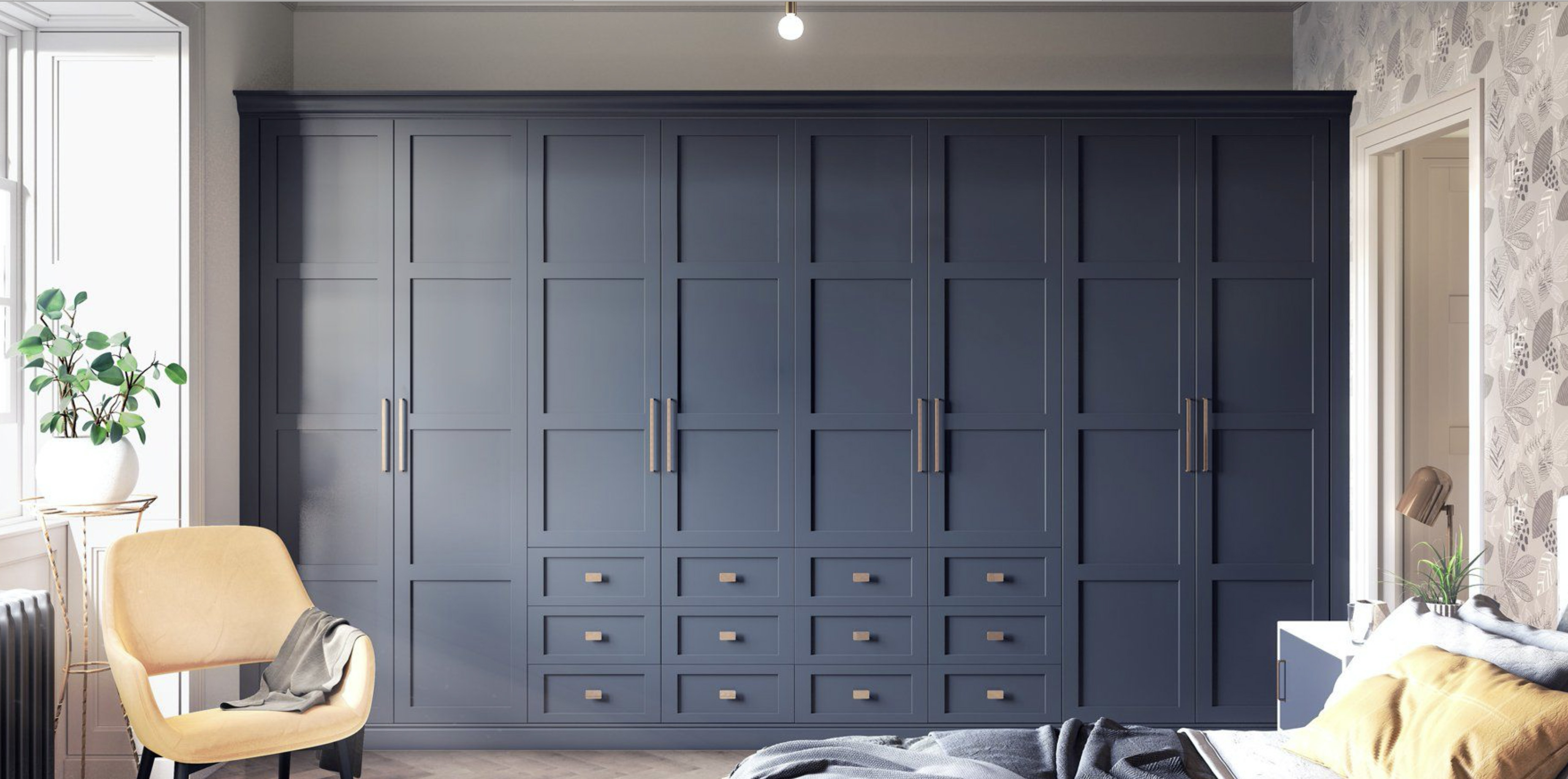Home improvement: what to consider
Good interior design doesn't have to cost a fortune if you use your discerning eye - ie you don't need a professional to tell you what's good quality from bad, chic from tasteless. But if you do want to improve your home, it makes sense to go about it step by step.

Home improvements don't have to cost the earth. Just giving everything a good clean and clearing away clutter can transform a space.
You can, or course, easily spend a fortune once you get the home improvment bug - but you don't have to. Here are some top tips to consider
Get started with more minor projects
One of the first things to consider when it comes to home improvement is to ask yourself what really needs to be done. A quick and easy way to spruce things up is to get those little repairs done and to declutter if you can't move for stuff. Organising your home can achieve a transformation in its own right, and many homeowners are often surprised by how much better everything looks after a bit of spring cleaning. And getting those minor repairs done - repainting the skirting boards, hanging lampshades, filling those holes in the walls, fixing that dripping tap - can boosting your home's value if you're thinking about moving. And it makes life easier if you keep on top of issues that arise, such as any problems with plumbing, heating or ventilation.
Spruce up the master bedroom and ensuite bathroom
Keep the master bedroom in good order because it's always a key selling point. Storage is crucial because a room full of clothes and shoes and bedlinen is never comfortable. If you don't have fitted wardrobes, consider getting some made because they're the best way to organise your room. And don't think getting quality wardrobes made has to cost a fortune because My Fitted Bedroom, for example, offers plenty of choice to suit your budget and it has payment plans so you can spread the cost. And be sure your bathroom looks bright and modern.
Add your personality to your home
Hang pictures you like, invest in wool rugs, use colour, don't be afraid to accessorise. Make your home a reflection of your taste and personality - after all no one wants to live in a showhome or a blank canvas. And it's easy to be green when it comes to your home - look for sustainable materials such as wool, wood, and organic cotton, recyclable materials, such as glass and metal, and of course buying pre-loved is super eco, whether you go for antiques or second-hand pieces from your favourite charity shops.